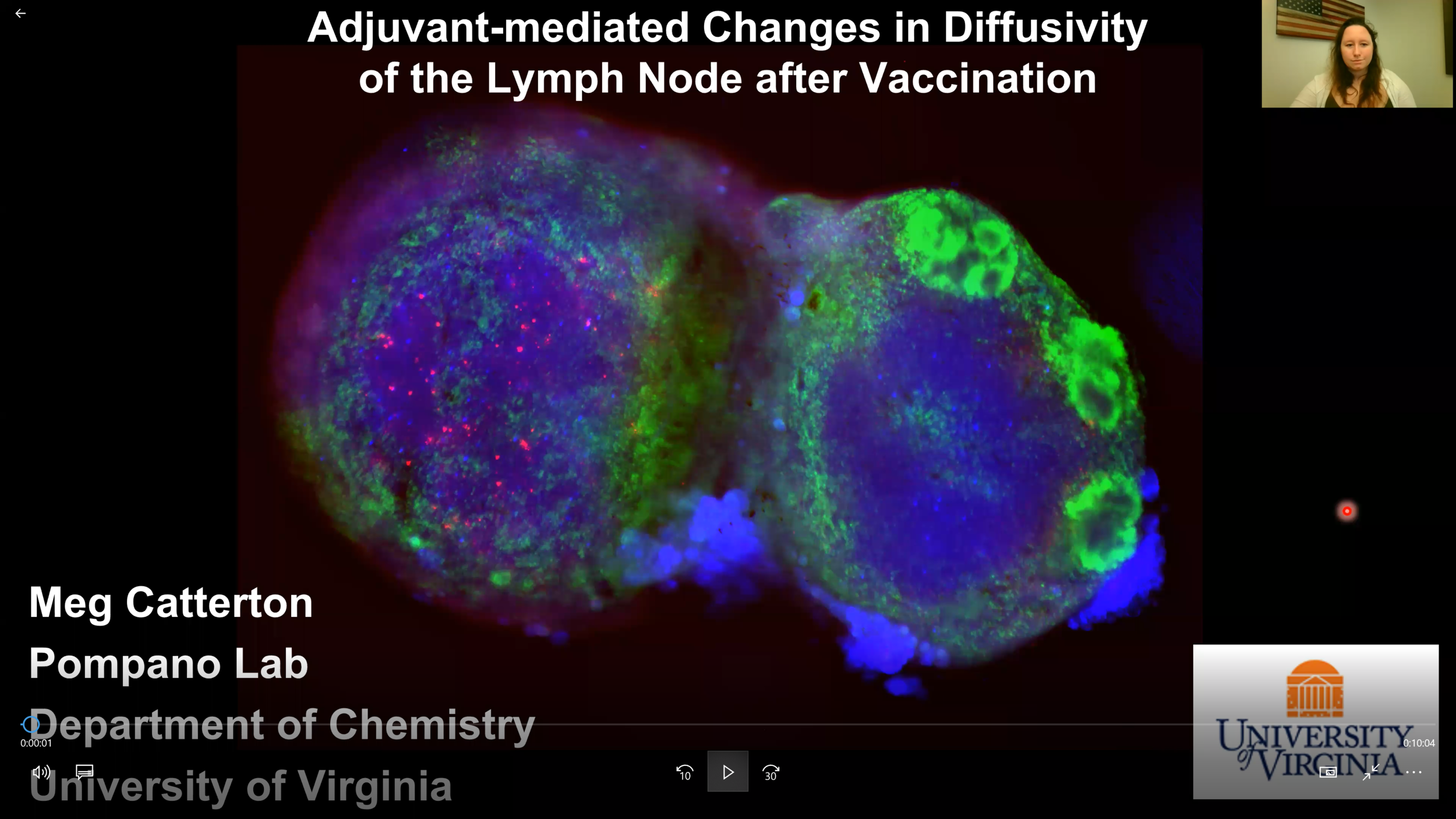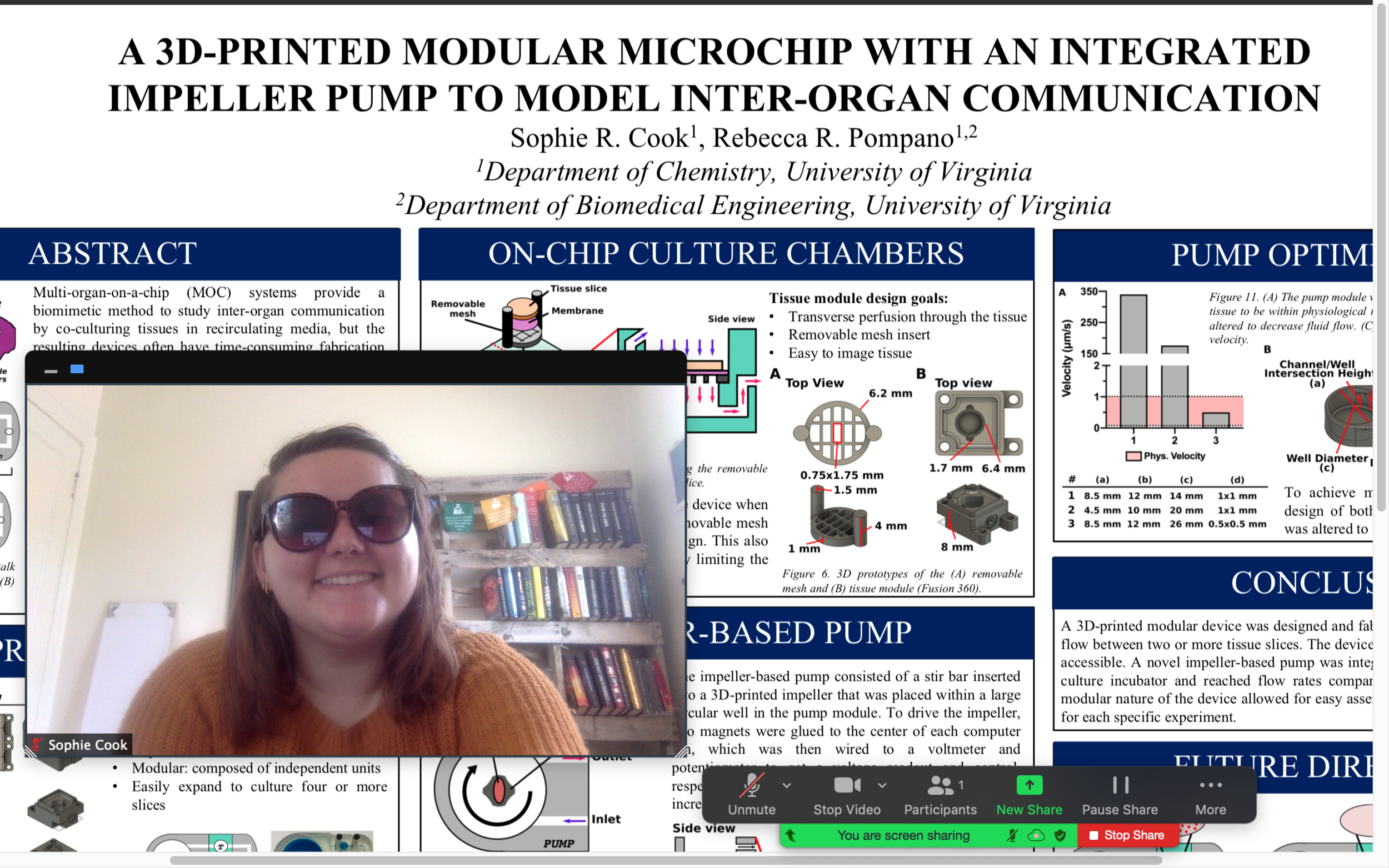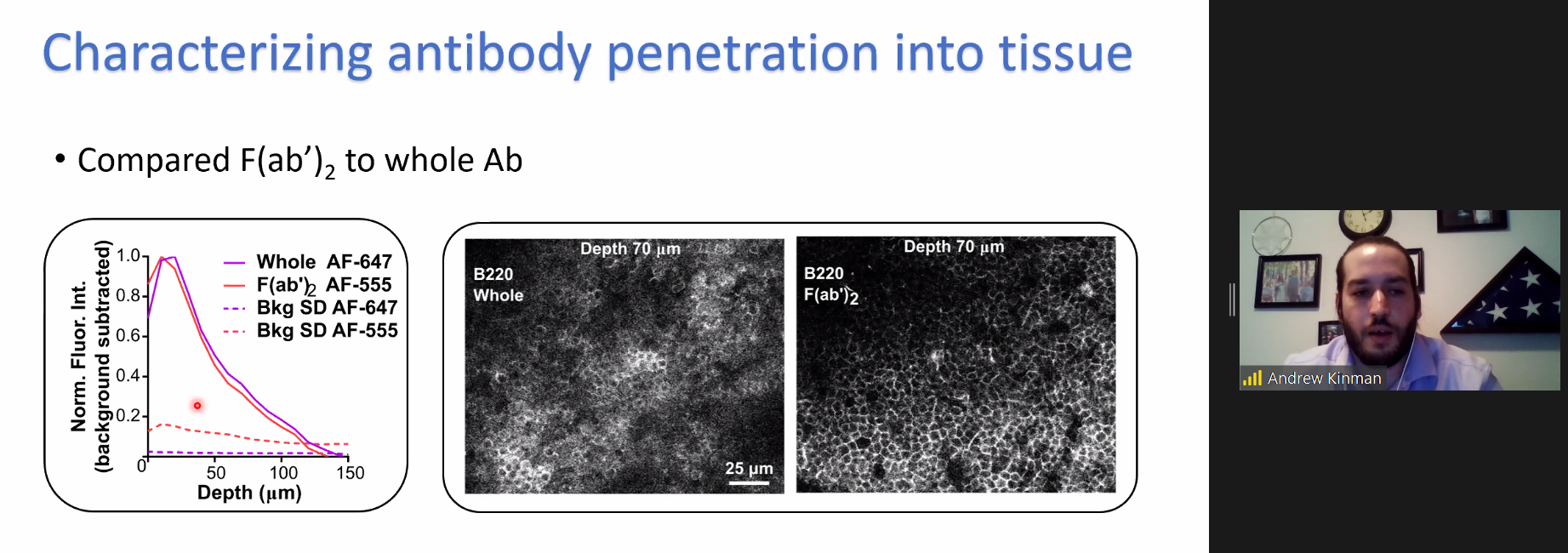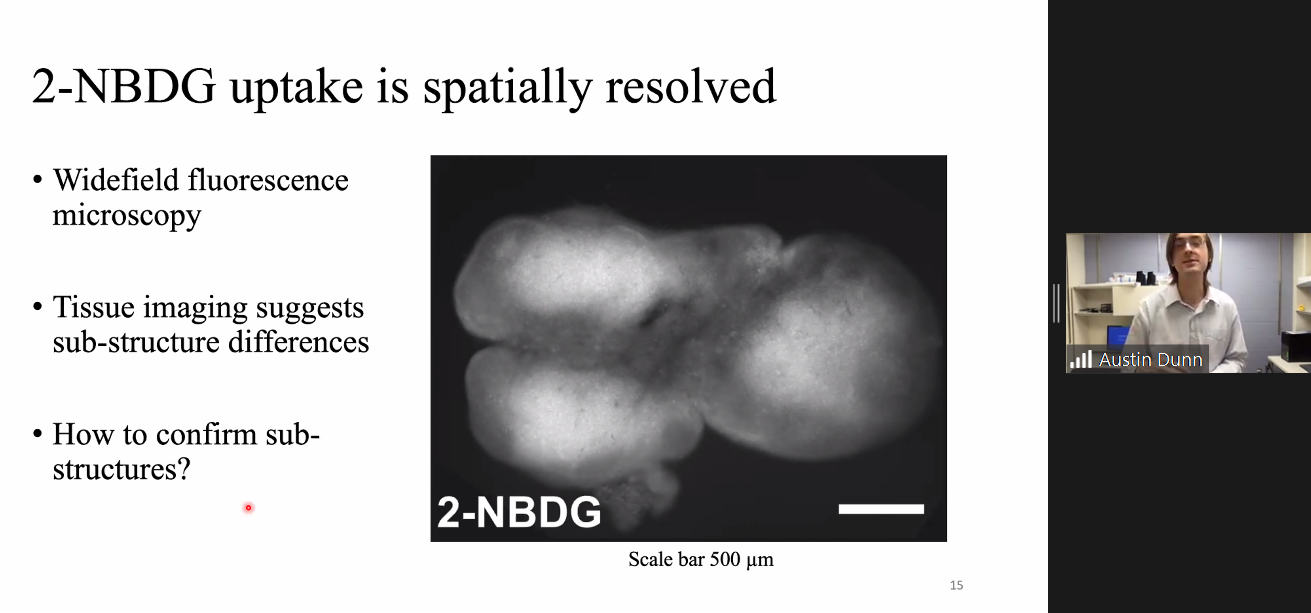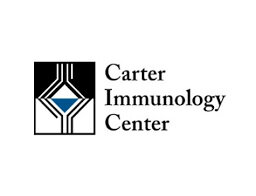Despite the pandemic slow down, the Pompano Lab was able to welcome three new group members this fall! We are delighted to work with each of these talented scientists and to see them take charge of new research directions.
Amirus Saleheen, PhD
Postdoctoral Scholar
Dr. Saleheen joined the lab in August, 2020. He obtained his BS in Applied Chemistry and Chemical Engineering at the Univ. of Dhaka, Bagladesh, and his PhD in Chemistry at the University of Tennessee, Knoxville. His graduate work consisted of developing a novel microfluidic chip to mimic rotary tube culture of rodent brain slices, to improve the temporal resolution of downstream perfusate analysis. He also developed a smartphone based quantitative analysis method for epinephrine in expired or discolored auto-injectors, to help those old EpiPens stay usable. In the Pompano lab, Amirus will be working on robust fluidic control methods and stimulation of a lymph-node-on-a-chip model.
Dr. Ozulumba joined the lab in October, 2020. She obtained her BS and MS degrees in Biochemistry at the Univ. of Nigeria, and then completed a PhD in Biomaterials Science at the Univ. of Brighton, United Kingdom. Her PhD project investigated the potential of two-dimensional graphene and titanium carbide MXene nanomaterials to target biological toxins and the incorporation of these materials into composite systems for use in medical devices. In the Pompano lab, Tochukwu will be working on controlling immune cell interactions with biomaterial in a spatially organized microphysiological model of a lymph node.
Tochukwu Ozulumba, PhD
Postdoctoral Scholar
Lavoisier Akoolo, PhD, DVM
Immunology Research Scientist
Dr. Akoolo joined the lab in October, 2020. He graduated with a DVM and MS from the Univ. of Nairobi in Nairobi, Kenya, and worked as a Veterinarian in the Ministry of Livestock, Kenya, before moving to Texas A&M University in College Station, Texas, where he graduated with a PhD in Veterinary Pathology in 2015. Lavoisier completed postdoctoral training in microbial pathogenesis at Rutgers New Jersey Medical School, leading to several publication in microbiology and immunology. In the Pompano lab, he will be expanding the use of live slices of lymph node tissue as an ex vivo model of immunity.




